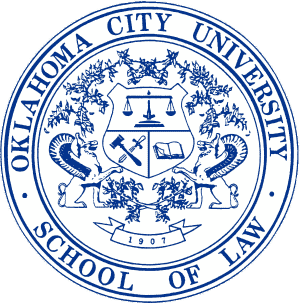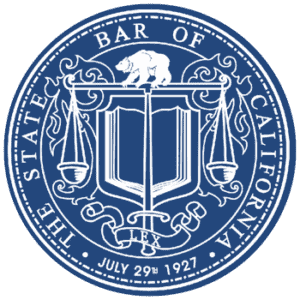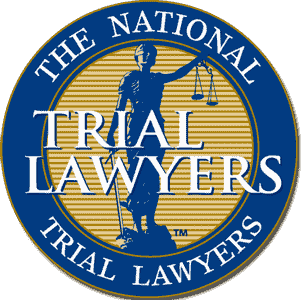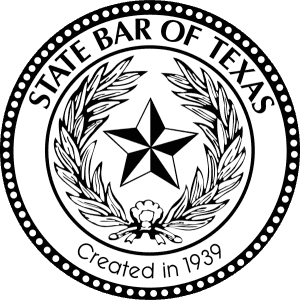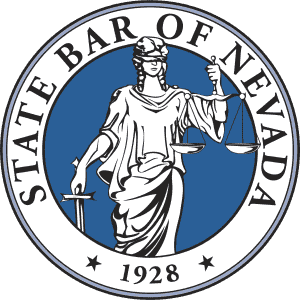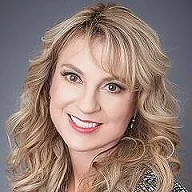VACINES AND THE LAW
Estimated Reading Time: 5.9minutes

FIVE LAWS ABOUT VACINES
- All 50 states have legislation requiring specified vaccines for students;
- Every state allows exemptions from vaccination to children for medical reasons;
- There are 45 states and Washington D.C. that allow religious exemptions for objections to immunizations;
- 15 states allow philosophical exemptions for those who object to immunizations for any reason.
- Every state law regarding exemption is very specific and states are continually modifying these laws.
https://www.ncsl.org/research/health/school-immunization-exemption-state-laws.aspx
Legally mandated vaccination programs started in the United States in the late 19th century during the smallpox epidemic. Massachusetts enacted a law requiring vaccination. The United States Supreme Court upheld the Massachusetts law in 1905 and reasoned that state police powers included the right to protect the public against infectious disease by an acting vaccination requirement in the state. (Jacobson v Massachusetts, 197 US 11 (1905).
The Jacobson case created legal precedent for state and government to enforce vaccination requirements. Laws mandating that school-age children were vaccinated were upheld by the United States supreme court in 1922. The Supreme Court reaffirmed its holding in Jacobson in 1922 in the case of Zucht v. King, in which the Court ruled that a school system could legally refuse to admit a student who did not receive a required vaccination. Since that time, the Jacobson case has been reliable upon in numerous other Supreme Court cases regarding the states exercise of its police power to protect the public from disease.
Schools have been shown to be major sites of transmission of disease and studies have shown that states with immunization laws had lower rates of measles and states without such laws. (See Jackson CL. State laws on compulsory immunizations in the United States. Public Health Rep. 1969;84(9):787-795.)
After substantial evidence began to show that immunizations protect the children from disease, school vaccination statutes were broadened in the late 70s and more strictly enforced. (Jackson CL. State laws on compulsory immunizations in the United States. Public Health Rep. 1969;84(9):787-795.) One study compared data from six states which strictly enforced comprehensive school hours compared to data from states without such enforcement. In the first-year states which strictly enforce their vaccination laws had measles rates 50% lower than states that did not enforce such vaccination laws. By the second year the measles rates in the strictly enforcing states was one out of 10 compared to the rate of states that did not enforce their vaccination laws. Ross LF, Aspinwall TJ. Religious exemptions to the immunization statutes: balancing public health and religious freedom. J Law Med Eth. 1997;25(2):202-207.
As a result of 100 years of data and research, states today have the power and authority to require Universal vaccination .There are those that object to vaccination and parents can legally avoid vaccinating their children by requesting personal exemptions. Most states allow some type of exemption for medical, religious, or philosophical reasons. However, considering the current pandemic states may start to limit such exemptions. At this time, all 50 states have adopted medical exemptions for children at significant risk from vaccination such as those with compromised immune systems. Religious exemptions exist in 48 states and allow parents to refuse to vaccinate their children on religious grounds. Only 15 states permit general philosophical objections to vaccinations of children in school. Philosophical objections allow parents to refuse to vaccinate their children without a specific reason. However, it should be pointed out that even though these exemptions exist, they only account for only a very small percentage of school age children. In 1998 the average percentage of children that were on vaccinated as a result of non-medical personal exemptions was .6% in the United States.
When coverage rates for certain vaccines reach a level between 85 and 95%, resistance to the disease spread develops because a large percentage of the community has become immune and establishes what is often referred to as “herd immunity.“ Therefore, the few that are unvaccinated receive the protection of the herd because the disease has been somewhat contained or eliminated from the community.
So, the question now is can state or federal government require you to get a coronavirus vaccine if you are not a school age child? Technically speaking the answer is no if you have a religious or medical objection. However, Congress or state government can impose consequences as a result of not receiving the vaccine. It is possible that Congress could have the power to mandate the vaccine under the commerce clause if the virus travels across state borders, but this will be constitutionally challenged. Based upon 100 years of caselaw, I believe that the court would allow Congress to mandate vaccination but would allow people to request an exemption based upon religious objections. Since the Supreme Court is subject to long standing precedent on the 10th amendment’s granting of broad state police power to require vaccination, it is unlikely that a modern court would overturn this long-standing historical precedent. There is no doubt that as soon as the vaccine is approved, schools across the country will immediately require school-age children to be vaccinated as well as universities before students return to campus. Although this is an extraordinary situation in our lifetime, it is not unprecedented in our nation’s history. I believe it is likely that the federal government will be able to enforce vaccination laws across the country.
From all of us at the TheOneLawyer.com, we wish you and your family a very happy holiday. In these difficult times, we hope you enjoy all of your unique, special holiday traditions in a safe and controlled environment. When traveling during the holidays, look at some of my past blogs regarding injuries that can occur on vacation and issues arising with rental cars. We hope that you travel safely.
If you or a loved one is injured call our office immediately. If you have been in any type of accident and have questions, please do not hesitate to contact our offices today. At my office, we are experienced in helping injured victims get the compensation they are entitled to. Insurance companies never have the best interest of the injured person at the top of their priorities. They want to pay as little on every claim as possible. Having worked for an insurance company as an attorney for 9 years before opening my boutique law firm specializing in helping injured people, I reviewed thousands of auto accident claims and policy provisions.
At the Law Offices of Laura Payne Hunt we are here to help you and your family in the event that accidents and tragedies occur. For any of your legal needs, do not hesitate to contact our offices. The Law Offices of Laura Payne Hunt is a boutique, family owned law firm in Henderson that specializes in helping injured people and the community with legal issues involving auto accidents, wrongful deaths, slip and falls, truck accidents, injuries to children, bicycle accidents, dog bites, and all types of injury claims. Please do not hesitate to call us anytime you have a legal question or you or a loved one has sustained an injury at 702-450-(HUNT) 4868 and text 24/7 at 702-600-0032.

